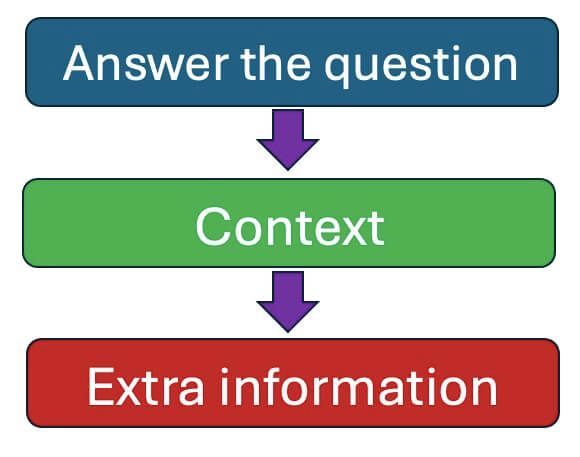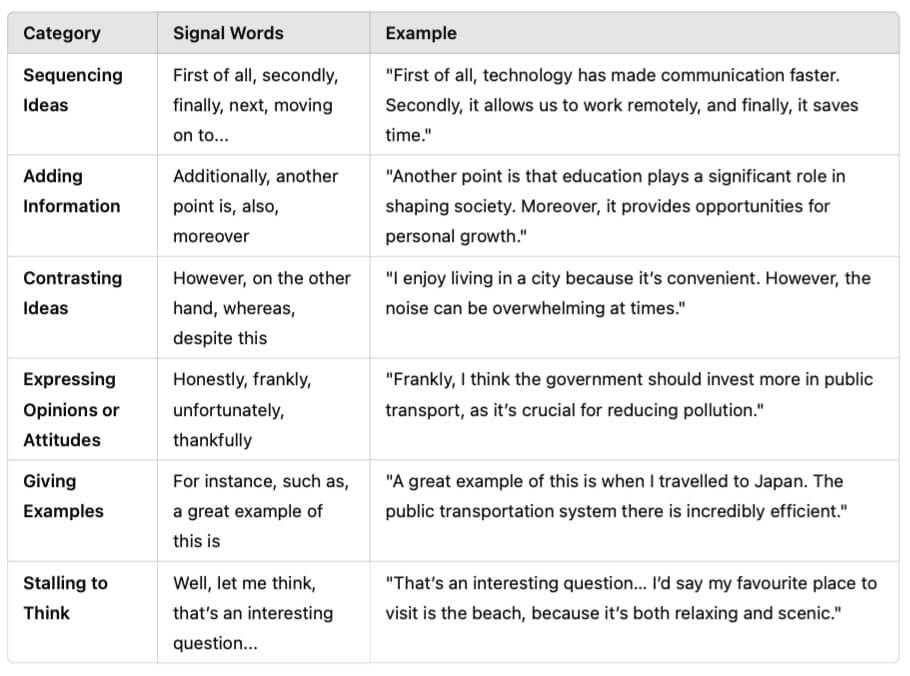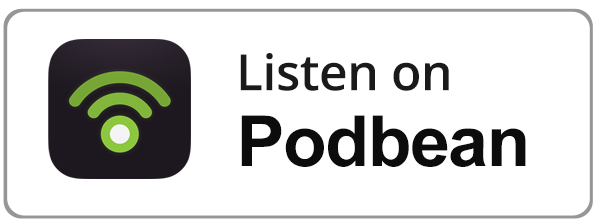- Home
- Speaking Lessons
- Common Questions About the IELTS Speaking Test
Common Questions about the IELTS Speaking Test
This post looks at common questions about the IELTS speaking test.
The speaking module is a crucial component of the International English Language Testing System. However, candidates often misunderstand exactly how this part of the test is run, and what they should or should not do.
Here we'll address some frequently asked questions to help you better understand the format, duration, scoring, and other important aspects of the IELTS speaking test.
Frequently asked Questions about the IELTS Speaking Test
1. What is the format of the IELTS speaking test?
2. How long does the speaking test last?
3. Can I choose or change the topic for the Part 2 long turn?
4. Are notes allowed during the preparation time in Part 2?
5. Is there a right or wrong answer in the speaking test?
6. Can I ask the examiner to repeat a question during the test?
7. How is the speaking test scored?
8. What happens if I go over the speaking time limit?
9. Are gestures and body language important during the speaking test?
10. Can I use informal language in the speaking test?
1. What is the format of the IELTS speaking test?
There are three parts to the IELTS speaking test.
- Part 1 (Introduction and Interview): In this part, the examiner introduces themselves, checks your identity, and asks you questions about familiar topics. The first topic will always be about your home/hometown, study, or work. The next two sets of questions could be anything the examiner happens to choose, but will be simple topics such as asking about your leisure activities, phone use, traveling, timekeeping, etc.
- Part 2 (Long Turn): Next you receive a task card with a specific topic, and you have one minute to prepare notes. The examiner will give you a paper and pencil (if it’s not an online test). Afterward, you must speak about the topic for 1-2 minutes. The examiner will stop you when 2 minutes is reached then ask you one or two rounding up questions.
- Part 3 (Discussion): The examiner and you engage in a more in-depth discussion related to the topic from Part 2. There are around six questions and these are designed to explore your ability to express and justify opinions on more abstract issues.
It can be a good idea to look at sample questions and answers before the test.
2. How long does the speaking test last?
The IELTS speaking test will last 11 to 14 minutes. The less you speak, the quicker the test will be completed but the examiner needs to try and ensure it doesn’t go under or over those times. Part 1 takes about 4-5 minutes, Part 2 (the long turn) is allotted 3-4 minutes (1 minute for preparation, 1-2 minutes to speak, plus time for one or two rounding off questions), and Part 3 takes approximately 4-5 minutes.
3. Can I choose or change the topic for the Part 2 long turn?
A common question about the IELTS speaking test part 2 is whether you can change the topic. No, you cannot do this. The examiner provides you with a task card containing a specific topic, and you are required to speak on that topic. Changing the topic is not allowed.
4. Are notes allowed during the preparation time in Part 2?
This is another common question about the IELTS speaking test, and yes, during the one-minute preparation time in Part 2, you are allowed to make notes on the provided task card and the examiner will give you a pencil and paper to do this. These notes can serve as a helpful guide when you speak about the topic during the allotted time so you should use the time wisely.
Making notes is not required though. Some people feel confident enough not to take notes and just use the time to think about it. Others might write down key vocabulary to use during the talk while some might make notes to guide them on what they are going to say.
5. Is there a right or wrong answer in the speaking test?
No, there are no right or wrong answers in the IELTS speaking test. It’s a common error that some candidates think that they have to say what the examiner wants to hear. This can make you more nervous and is an added stress you should avoid.
The focus is on your ability to communicate effectively, use a range of vocabulary and grammatical structures, and express your thoughts clearly. It's more about how you convey your ideas than the specific content of your answers (though of course you should answer the actual question asked!).
6. Can I ask the examiner to repeat a question during the test?
This definitely comes under the banner of common questions about the IELTS speaking test. The answer is yes, you can, but what the examiner will tell you depends on the section. In part one, if you query anything, the examiner will simply repeat the question. They are though very easy questions so you hopefully should not need to ask.
In part two, the two minute talk, you will see the question anyway as the examiner will pass it to you. If there is a word though you do not understand, you can ask the examiner to clarify it. You can't ask much more than that.
In part 3, the examiner is free to respond how they like if you ask a question. It’s likely they will re-word it if it appears you did not understand.
7. How is the speaking test scored?
The IELTS speaking test is assessed based on four criteria: fluency and coherence, lexical resource, grammatical range and accuracy, and pronunciation. Each criterion is marked on a scale from 0 to 9, and the average of these scores determines your overall speaking band score. It's important to speak clearly, use a varied vocabulary, demonstrate grammatical accuracy, and maintain a natural pace.
The examiner will work out your grade as soon as you leave the room. Often candidates think they see the examiner writing down their scores as they speak. They won’t be doing this! They are probably just writing down their timings to keep track of them.
If you want to know what your band score might be and how to improve, take an IELTS speaking mock test.
8. What happens if I go over the speaking time limit?
If you exceed the time limit in any part of the speaking test, the examiner will stop you, so you don’t need to worry about this. It's good though to have a rough idea of how long your answers need to be so the examiner doesn’t always need to interrupt you or ask you to say more. Take some practice tests so you have a better idea.
9. Are gestures and body language important during the speaking test?
Although the examiner doesn’t grade you directly on this, impressions always count for something! On a personal basis, gestures and body language can enhance your communication in the speaking test. So, while the focus is on verbal communication, use appropriate gestures to help convey your message more effectively. However, it's essential to use gestures naturally and avoid excessive or distracting movements.
10. Can I use informal language in the speaking test?
A final common question about the IELTS speaking test is whether you can use informal language. The answer is a definite 'Yes, you can'! And you should!
The examiner wants to hear how close you are to being a natural English speaker, and native speakers always use informal language, such as phrasal verbs, idioms and slang. That said, it’s also good to show you can have a level of formality in your language and to show the examiner you can use some less common, high-level vocabulary, such as that seen in the academic word list.
So overall, strive for a balance between a conversational tone and a level of formality.
Summing Up
These common questions about the IELTS speaking test have hopefully helped you to better understand the format, time constraints, and assessment criteria of the IELTS speaking test.
This is crucial for successful performance. Remember to practice regularly, focus on clear communication, and be mindful of time management during each part of the test.
Good luck!
Comments
Any comments or questions about this page or about IELTS? Post them here. Your email will not be published or shared.
Band 7+ eBooks
"I think these eBooks are FANTASTIC!!! I know that's not academic language, but it's the truth!"
Linda, from Italy, Scored Band 7.5
















